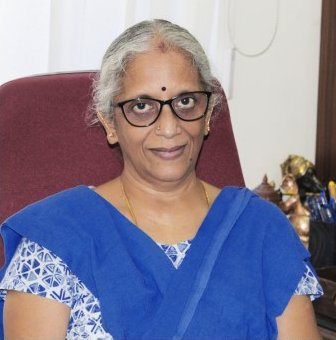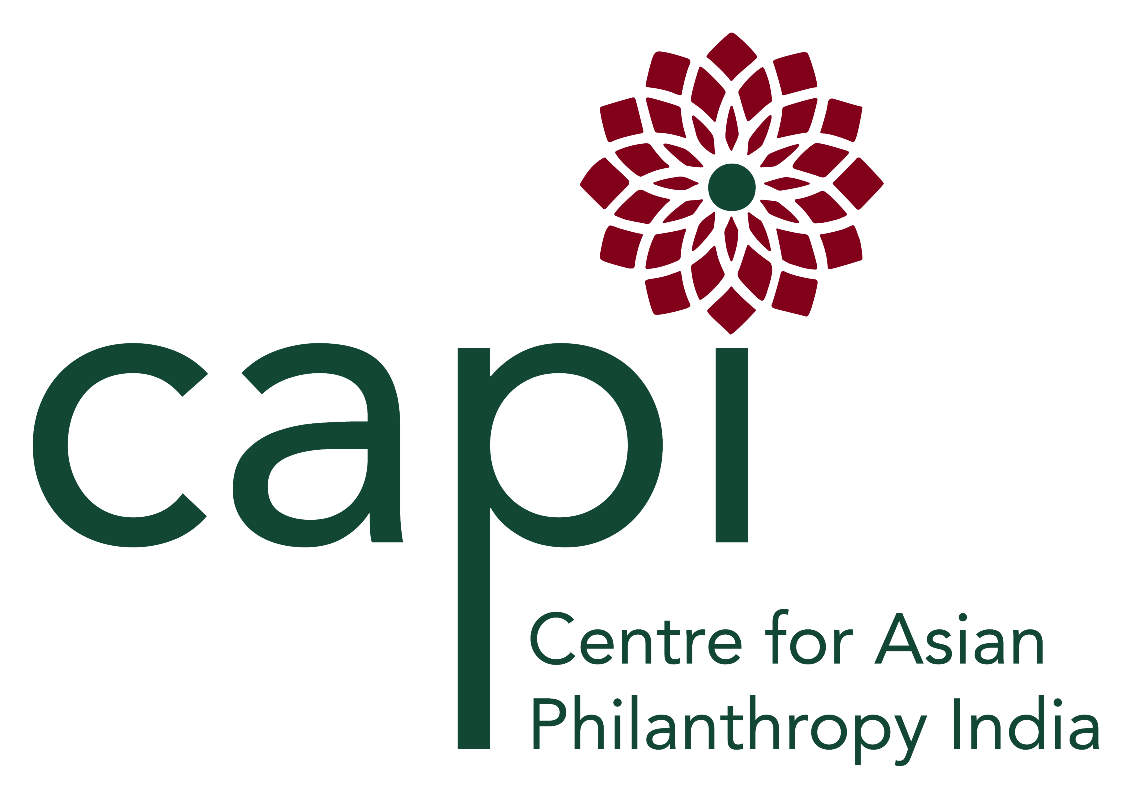
Dr R. Padmavati
Dr R. Padmavati is the Director at Schizophrenia Research Foundation or SCARF. She has been with SCARF for over 30 years. SCARF is a non-profit organization and a World Health Organization Collaborating Centre in Chennai, India. Founded in 1984 by a group of philanthropists and mental health professionals, SCARF has education and training as key objectives, apart from working on rehabilitation and research in disorders of the mind.
CAPI interviewed Dr. Padmavati in August 2023 to learn more about the social sector and role of philanthropy in mental health in India.
Got a project?
We’re a team of creatives who are excited about unique ideas and help fin-tech companies to create amazing identity by crafting top-notch UI/UX.
CAPI: Thank you for taking the time to speak with us today. Your journey is truly remarkable: working towards better mental health for the last 3 decades and leading one of the most reputed nonprofits in the country. Can you share how you got involved with SCARF and became a champion for mental health?
Dr Padmavati: I trained as a psychiatrist, graduating from the University of Bombay and moving to Chennai after I got married. I met one of the founding members of SCARF just a few years after the organization was set up, and this was transformational for me. I started working on a collaborative research project between SCARF and the Department of Psychiatry at the government general hospital in Chennai. At the end of that project there was a natural movement for me to join SCARF as a staff member in 1990. I have worked here since then, and chosen to stay on.
When SCARF was founded in 1984, the approach to psychiatry was very psycho-pharmacology or medicine driven. Our founder advisor, the late Dr. Sarada Menon, felt that there was no attention being given to rehabilitation of persons with disorders. She and other like-minded individuals came together to start an organization to fill this gap. SCARF was founded with an initial donation of about INR 10,000 in a small 800 square feet apartment. The initial objectives for SCARF were very simple: rehabilitation, increasing public awareness and research.
CAPI: How did SCARF receive funding and support over the years to carry out its mission?
In our early years, we were funded by individuals who had serious mental disorders in their families. Dr. Menon, who was also highly respected as the first woman psychiatrist in the country, was a real champion for the cause. She had this uncanny ability to persuade donors and get resources.
A few years later, when we felt a strong need for residential care programmes, we embarked on what can only be called ‘walkathons’. We walked to different places where we had to persuade donors to give us some more land! Eventually, we were given a few acres of land in Mahabalipuram by the Sri Kanchi Sankaracharya Mutt, where we house our residential center for men. Another temple trust near Chennai, where the trustees understood and empathized with the need for mental health care gave us some more land where we house our center for women. Both took place in the early 1990s.
Later, we had support from the Tamil Nadu government by the then Chief Minister Dr. J. Jayalalitha in the form of free land and INR 10 lakhs for the building where we have our current headquarters. Of course, we still had to raise more money for the construction by persuading other donors. Raising funds was not an easy journey back then and continues to be challenging even today.
Today, we house about 150 patients with serious mental disorders within our residential facilities. It continues to be a challenge however, as these facilities are now quite old, and we need funding for maintenance.
CAPI: What are your views on India’s mental health challenges today?
Dr Padmavati: India’s mental health needs are massive. Right now, at SCARF, we run outpatient services, that cater to about 150 patients per day, five days a week. Anxiety disorders and depression are ruling the scene right now, especially post Covid-19.
The profile of the patient has changed over time: we are seeing a lot of young people coming in. Suicide is one of the biggest challenges today especially amongst young people. Today we have a Department of Youth Mental Health, which actually goes into schools and colleges and other places with a young workforce.
At the same time, the patients that we were seeing in 1984 have grown older, and dementia is one of the most common conditions that you can see in the elderly. This is something that requires more attention, so we started a dementia care program. A growing number of elderly people also report being depressed and lonely, with their sons and daughters away at work or busy with their own activities all day. So, the question is, how do we design interventions to engage and help the elderly, particularly as India’s population grows older? Something we are contemplating is the idea of a drop-in center for the elderly where they can come spend time with each other, or even other ways to engage younger people in spending time with the elderly.
The changing profile of the way we were operating took place gradually, where instead of looking at patients between say just 15 to 50 years of age, we have now moved on to both the younger and on the other side, to the elderly population. We are quite cognizant of paying attention to the changing demographics of the country and what that means.
CAPI: Could CSR help with youth engagement programs for the elderly? What are some other areas where donors could make an impact?
Dr Padmavati: Absolutely, CSR and employee volunteering can play a role in addressing elder care programs.
Funding continues to be a struggle. While many donors are willing to support equipment, or look at programs with short-term results, what we need is a long-term outlook from donors.
We always need additional support for our residential patients, who require medium to long term care. Many of them often have no other place to turn to, as they lack family support or their parents and/or siblings are unwilling or unable to provide financial or other assistance.
Also, one needs to consider quality of life for patients. Funding is needed for additional staff such as nurses or programs that address both mental health as well as other communicable or non-communicable diseases such as diabetes, hypertension, cardiovascular risk, cerebral vascular risk, and so on. Patients suffering from serious mental disorders die 15 to 20 years earlier than the normal population because of cardio metabolic conditions, and it is these comorbid conditions are the ones that can cause the death of the individual. But the pushback we get is on the numbers and targets, instead of recognition of improvements in quality of life even just for a few patients.
Still, what gives me hope is that we do have some good friends, donors that have trusted us for several years. That helps us at SCARF to not turn away any patients that come to us to seek help
